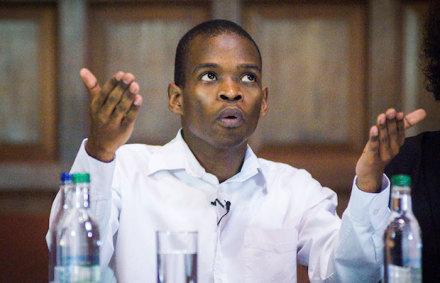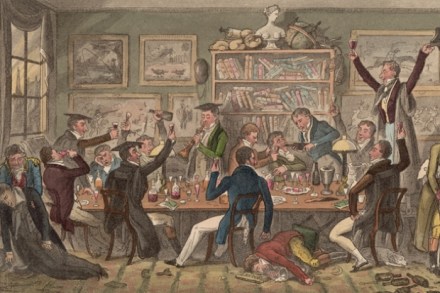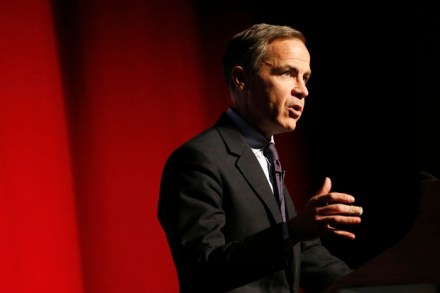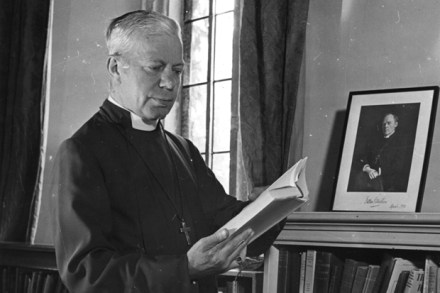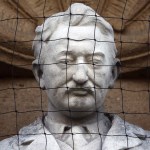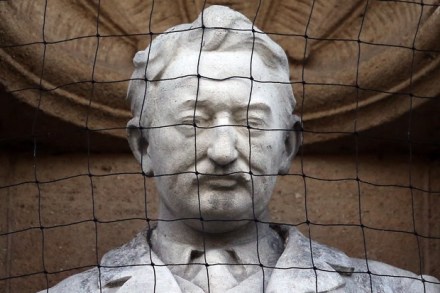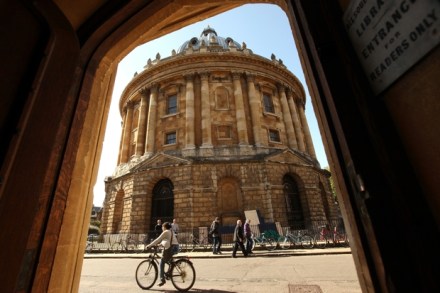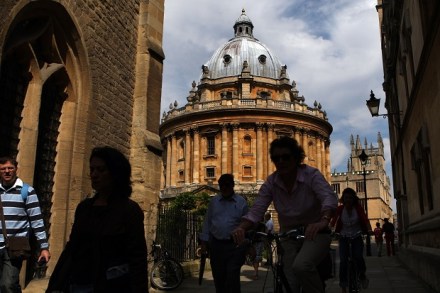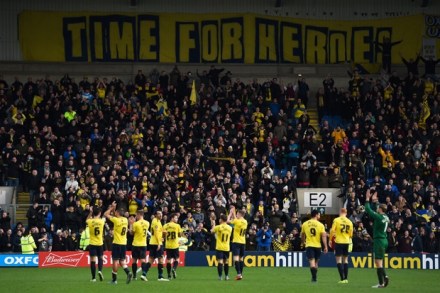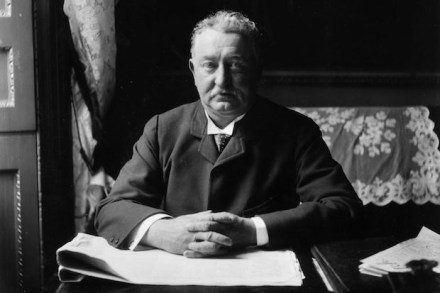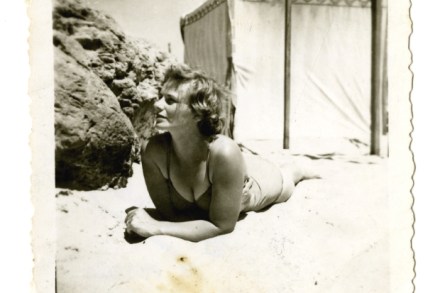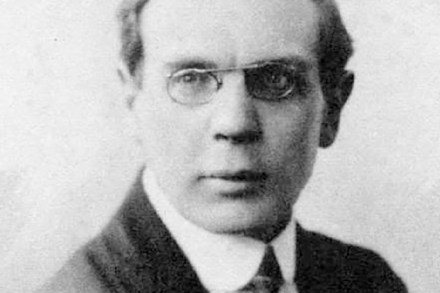The wonder of knowledge
‘Transparency,’ remarks Eliade Jenks, narrator of Joanna Kavenna’s fourth novel, A Field Guide to Reality, ‘is an aspiration. But wouldn’t it be strange, if you could see all things clearly?’ It’s an apposite question. For a novel with illumination and the quest for knowledge at its heart, clarity is in beguilingly short supply. Set in a distorted contemporary Oxford smothered by an eldritch mist, peopled not only by modern-day academics but by the spectres of thinkers past, and illustrated in gloomy monochrome by Oly Ralfe, A Field Guide to Reality is a work of cunning misdirection and trickery — a mystery in thrall to mystery’s beauty. When the scholar Solete




